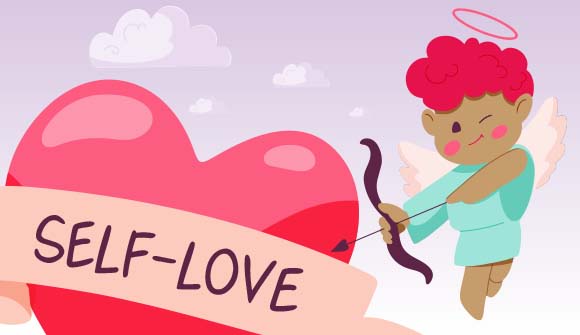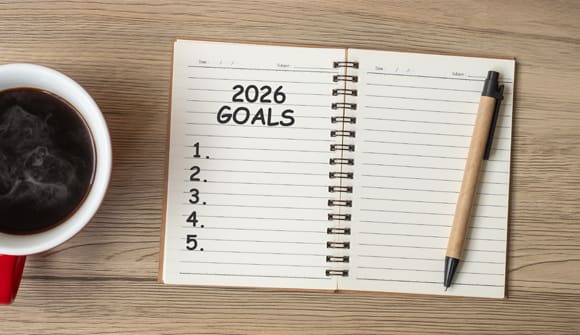Monotasking or multitasking?
Expert encourages balance between both.
Article Author: Wesley Roberts
Article Date:

In an easily distracted world, how can you slow down your mind to focus on a single task? And is it actually beneficial to concentrate on just one instead of juggling several?
“Our attention is being hijacked at a faster rate than ever before,” said Kal Kseib, DPsych, health and wellness consultant at Baptist Health. “It’s clear that deep focus on a single task, or monotasking, is beneficial for productivity, but context matters.”
More multitasking
Combining tasks that help to recharge amidst a busy schedule can be helpful.
“Walking during phone meetings or conscious-breathing whilst responding to emails are examples of multitasking for positive effect,” said Kseib. To help put yourself at ease, let others in on your efforts to incorporate healthy habits. For example, you may say to your coworkers, “I’m working on getting in a few extra steps – would you mind if I’m walking while we’re talking?”
One and only
Have you ever tried to have a conversation with someone while they’re scrolling on their phone? How did it make you feel?
“Our attempts at multitasking in our relationships rarely work out for the better,” said Kseib. “If someone’s attention is divided, we can often feel unheard and unseen, which damages relationships.”
In a professional environment, too, multitasking or quickly switching from one task to the next can reduce focus and slow down productivity.
“The brain simply isn’t equipped to multitask without significantly impairing processing. Capacity for learning, mental fatigue and memory are all negatively impacted,” Kseib said. “When it comes to work, the harder the task the more focus we need.”
To help bring focus amid everyday distractions, Kseib provided five key reminders:
- Use technology to manage technology. Distraction has now become the norm, whether it’s email notifications flooding in while you’re on a virtual meeting or texts buzzing while you’re driving. The good news is, technology can also help us turn off some of this noise. Make use of opportunities to switch off notifications. Consciously unsubscribe from, opt-out of, or delete non-essential apps while making use of those that temporarily block websites and apps on your computer and phone.
- Consistency beats volume. “When it comes to work that requires deeper thought, start small. Use short periods of focus on one project or activity to get creative and build momentum,” said Kseib.
- Know your energy reserves. “Minimizing distraction and optimizing focus are ultimately about managing our energy. We all know the feeling when we haven’t slept or eaten well and our concentration span diminishes dramatically,” said Kseib.
- Human connection comes first. “Focusing on relationships should be a priority,” said Kseib. “Have a conversation with loved ones to come to an agreement about pausing technology use. Set a timeframe together and manage expectations from the beginning.”
- Meditation can help. Practicing mindful meditation helps us to stay in tune with our mind and body. “Monotasking is really about learning to be in the present moment, so meditation can help. But be patient with yourself; it takes practice,” reminded Kseib.
Baptist Health offers free wellness coaching, support groups, health talks and more through the Baptist Wellness Centers. If you’re interested in having a health coach to be your supportive mentor, visit on of our Baptist Wellness Centers.



